Committed to
helping
you find
assistance options
for VENCLEXTA
Actor portrayal.
Financial assistance options
Serious illnesses can come with many challenges. Getting VENCLEXTA, once it has been prescribed, shouldn’t be one of them.
There may be options that can help you afford your VENCLEXTA, no matter what type of health insurance you have.
Genentech Oncology Co-pay Assistance Program
The Genentech Oncology Co-pay Assistance Program* for VENCLEXTA can help you with the out-of-pocket costs for your VENCLEXTA, GAZYVA® (obinutuzumab), or RITUXAN® (rituximab) prescriptions, if you’re eligible.
You pay as little as $0 per prescription for VENCLEXTA + GAZYVA or VENCLEXTA + RITUXAN® (rituximab) if you qualify for the Genentech Oncology Co-pay Assistance Program. The program covers the rest, up to a $25,000 limit per 12 months for each product.
Terms and Conditions
*The Co-pay Program (“Program”) is valid ONLY for patients with commercial (private or non-governmental) insurance who have a valid prescription for a Food and Drug Administration (FDA)-approved indication of a Genentech medicine. The Program is not available to patients whose prescriptions are reimbursed under any federal, state, or government-funded insurance programs (included but not limited to Medicare, Medicare Advantage, Medigap, Medicaid, TRICARE, Department of Defense, or Veterans Affairs Programs) or where prohibited by law or by the patient's health insurance provider. If at any time a patient begins receiving prescription drug coverage under any such federal, state or government-funded healthcare programs, the patient will no longer be eligible for the Program.
Under the Program, the patient may be required to pay a co-pay. The final amount owed by a patient may be as little as $0 for the Genentech medicine (see Program specific details available at the Program website). The total patient out-of-pocket cost is dependent on the patient’s health insurance plan. The Program assists with the cost of the Genentech medicine only. It does not assist with the cost of other medicines, procedures or office visit fees. After reaching the maximum annual Program benefit amount, the patient will be responsible for all remaining out-of-pocket expenses. The Program benefit amount cannot exceed the patient’s out-of-pocket expenses for the Genentech medicine.
All participants are responsible for reporting the receipt of all Program benefits as required by any insurer or by law. The Program is only valid in the United States and U.S. Territories, is void where prohibited by law and shall follow state restrictions in relation to AB-rated generic equivalents (e.g., MA, CA) where applicable. No party may seek reimbursement for all or any part of the benefit received through the Program. The value of the Program is intended exclusively for the benefit of the patient. The funds made available through the Program may only be used to reduce the out-of-pocket costs for the patient enrolled in the Program. The Program is not intended for the benefit of third parties, including without limitation third party payers, pharmacy benefit managers, or their agents. If Genentech determines that a third party has implemented a program that adjusts patient cost-sharing obligations based on the availability of support under the Program and/or excludes the assistance provided under the Program from counting towards the patient’s deductible or out-of-pocket cost limitations, Genentech may impose a per fill cap on the cost-sharing assistance available under the Program. Submission of true and accurate information is a requirement for eligibility and Genentech reserves the right to disqualify patients who do not comply with Genentech Program Terms and Conditions. Genentech reserves the right to rescind, revoke or amend the Program without notice at any time.
Additional terms and conditions apply. Please visit the Co‑pay Program website for the full list of Terms and Conditions.
Find out if you’re eligible
Referrals to Independent Co-pay Assistance Foundations
An independent co-pay assistance foundation† is a charitable organization that gives financial assistance for medicines. These foundations help patients with public or commercial health insurance.
†Independent co-pay assistance foundations have their own rules for eligibility. Genentech has no involvement or influence in independent foundation decision-making or eligibility criteria and does not know if a foundation will be able to help you. We can only refer you to a foundation that supports your disease state. Genentech does not endorse or show preference for any particular foundation. The foundations we refer you to may not be the only ones that might be able to help you.
Find a list of independent co-pay assistance foundations
Actor portrayal.
Referrals to Independent Co-pay Assistance Foundations
An independent co-pay assistance foundation* is a charitable organization that gives financial assistance for medicines. These foundations help patients with public or commercial health insurance.
*Independent co-pay assistance foundations have their own rules for eligibility. Genentech has no involvement or influence in independent foundation decision-making or eligibility criteria and does not know if a foundation will be able to help you. We can only refer you to a foundation that supports your disease state. Genentech does not endorse or show preference for any particular foundation. The foundations we refer you to may not be the only ones that might be able to help you.
Find a list of independent co-pay assistance foundations

Genentech Patient Foundation
The Genentech Patient Foundation† gives free Genentech medicine to people who don’t have health insurance coverage or who have financial concerns and meet eligibility criteria.‡
Speak to a Foundation Specialist to see if you qualify
†If you have health insurance, you should try to get other types of financial assistance, if available. You also need to meet income requirements. If you do not have insurance, or if your insurance does not cover VENCLEXTA, you must meet a different set of income requirements.
‡Genentech reserves the right to modify or discontinue the program at any time and to verify the accuracy of information submitted.
Actor portrayal.
‡§The nurses from the nurse support line are provided by AbbVie and do not work under the direction of a healthcare professional (HCP) or give medical advice. They are trained to direct patients to their HCP for treatment-related advice, including further referrals.






